Google on Friday launched a Women in Culture hub celebrating notable achievements by women in the civil rights struggle, sports, arts to fashion, and in space exploration to medicine.
Among the heroines are two Kenyans, Climate Change and Health Research Scientist, Dr. Esther Onyango, and Africa’s first Nobel Laureate, Professor Wangari Maathai.
The launch commemorates the International Day of Women and Girls in Science and looks at major exploits by women in discoveries, research, and broken down barriers that ushered in increased women’s participation in Science, Technology, Engineering, and Mathematics (STEM) in the past 174 years.
“This is why on this year’s International Day of Women and Girls in Science, we have opened up a whole new experience on Google Arts & Culture and would like to invite you to start your exploration by getting acquainted with five past and contemporary women of science that you should know,” said Agnes Gathaiya, Country Director, Google Eastern Africa.
Under the theme, “Equity, Diversity, and Inclusion: Water Unites Us", the globally celebrated day now in its seventh year was declared in 2015 by the United Nations General Assembly to advocate for full and equal access to and participation in science for women and girls.
Read More
The hub has many women and girls in science with inspirational stories. Users can further browse Google Arts & Culture to explore other fields beyond science in which female trailblazers, among them Kenya’s Dr Onyango and the late Prof Mathai.
Prof Wangari Maathai was a Kenyan social, environmental, and political activist and the first African woman to win the Nobel Peace Prize. She was the first woman in East and Central Africa to become a Doctor of Philosophy, receiving her Ph.D. from the University of Nairobi.
In 1977, Prof Maathai founded the Green Belt Movement, an environmental non-governmental organisation that focused on the planting of trees, environmental conservation, and women's rights. She is remembered for converting Kenyan ecological debate into mass action for reforestation, an initiative that saw her being awarded the Right Livelihood Award.
Prof Maathai was an elected member of the Parliament of Kenya and served as assistant minister for environment and natural resources between January 2003 and November 2005 in the government of former President Mwai Kibaki. She was an Honorary Councillor of the World Future Council.
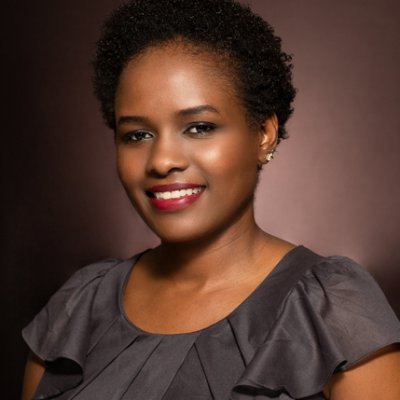
Dr Esther Onyango, a Climate Change and Health Research Scientist at Griffith University, has advocated for women’s inclusion at key decision-making bodies on matters of climate change action at national, regional, and global forums. She observes that the patriarchal nature of many societies exposes women to climate risks.
Her work defines her as a holistic thinker, moving beyond discipline-specific boundaries to develop novel ways of addressing the connections between climate change, mosquito borne diseases, the environment, and human health.
Through her work and activities, Esther aims to inspire and mentor women to increase their participation in STEM careers and she has recently been named as an African Women at the frontiers of climate change research by the African Institute for Medical Sciences (AIMS).
Other success stories in the archive include Ms Ada Lovelace, hailed as the world’s first computer programmer, Margherita Hack, an astrophysicist who made major milestones that marked astronomy researches in the 20th century and the state of scientific culture in Italy, Dr Asima Chatterjee, first woman scientist to be awarded a Doctor of Science from an Indian University and the first African American woman to travel in space, NASA Astronaut, engineer and physician.
The Women in Culture hub is available on Google Arts & Culture, iOS and Android Apps and helps uncover and highlight the many roles women have played in science over more than 174 years of history.
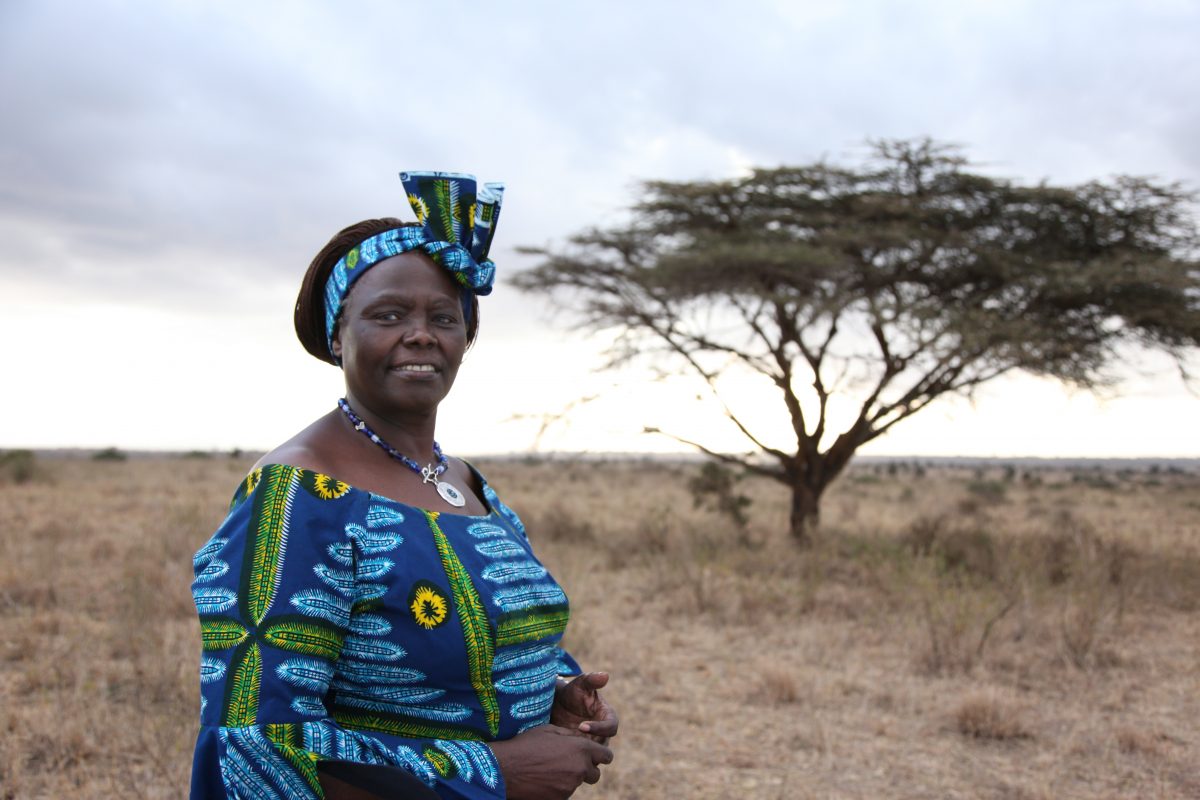
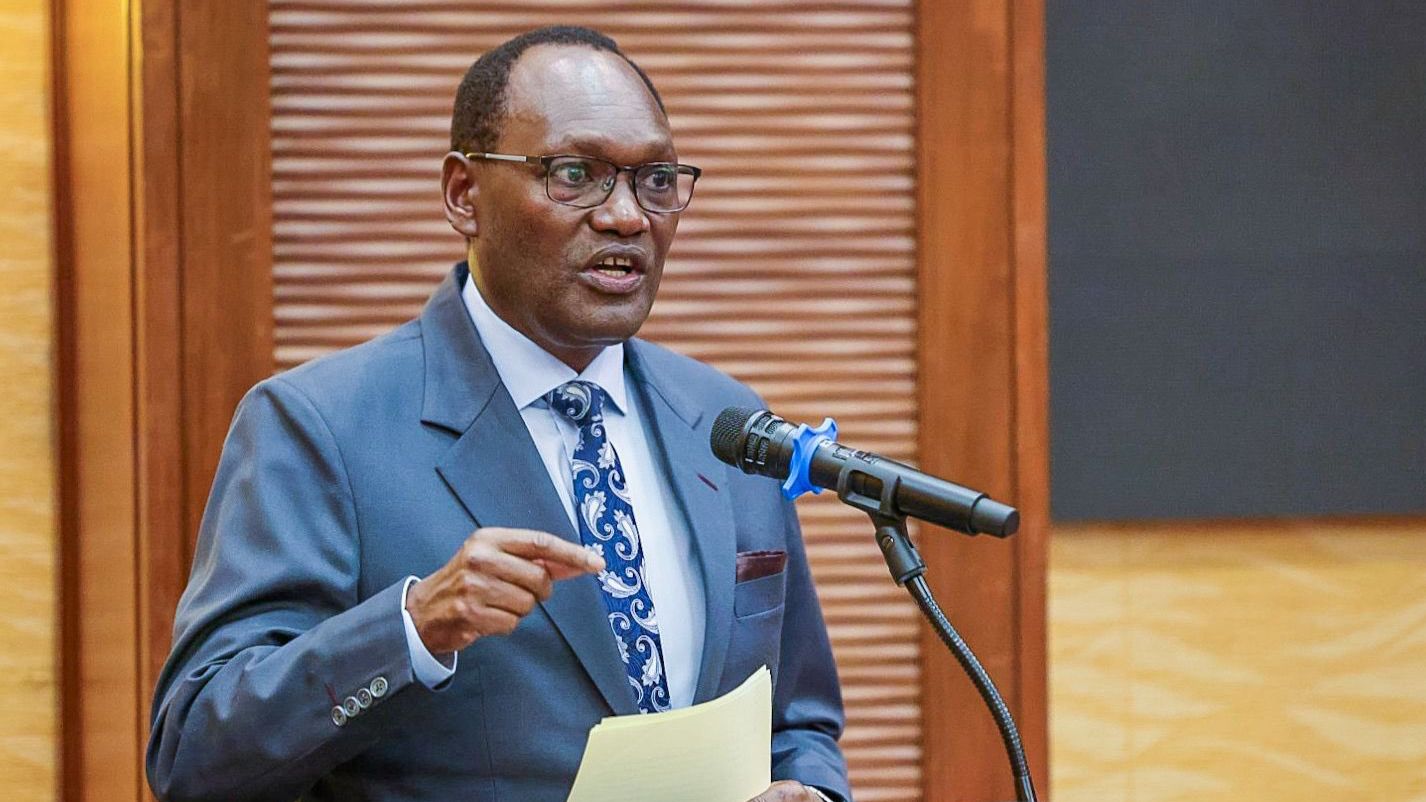
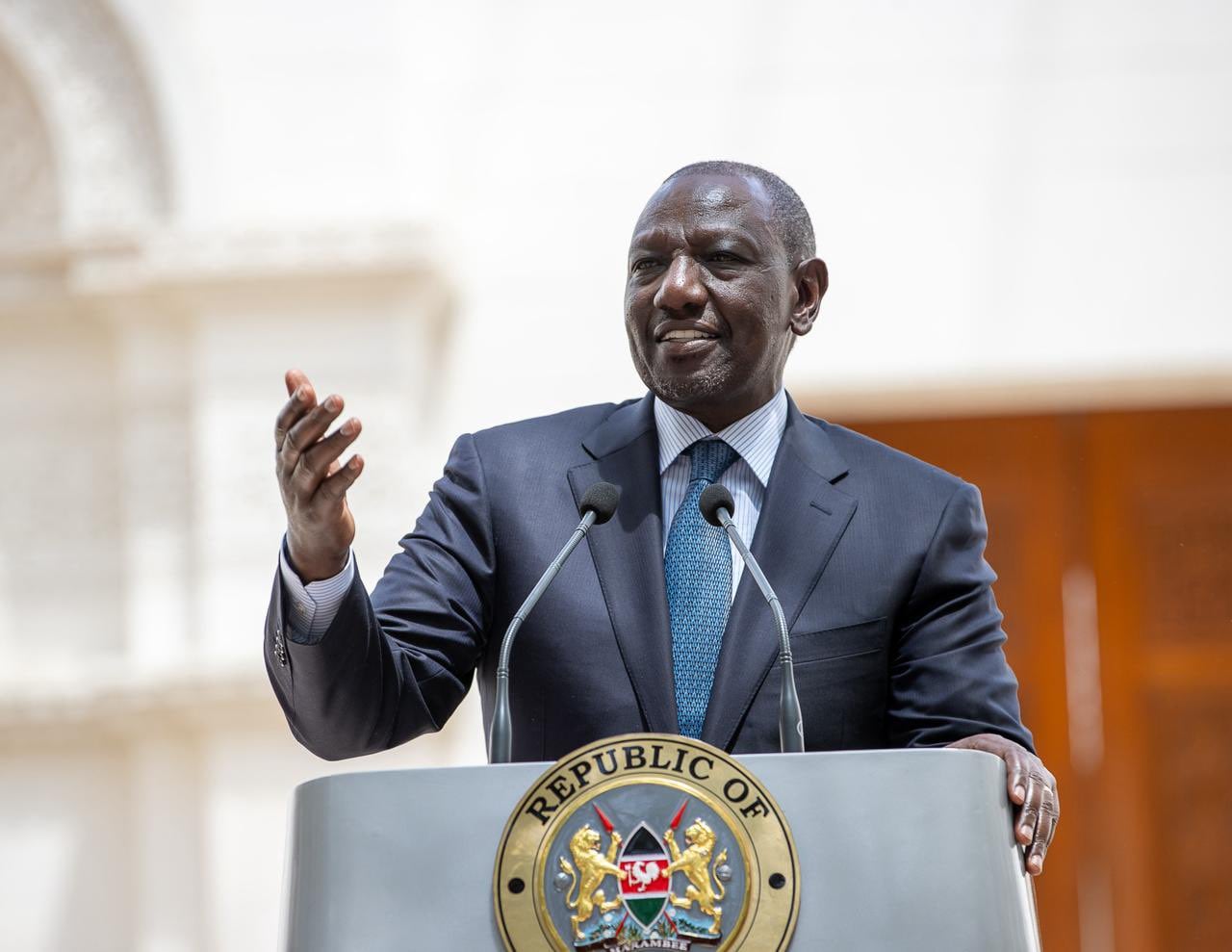
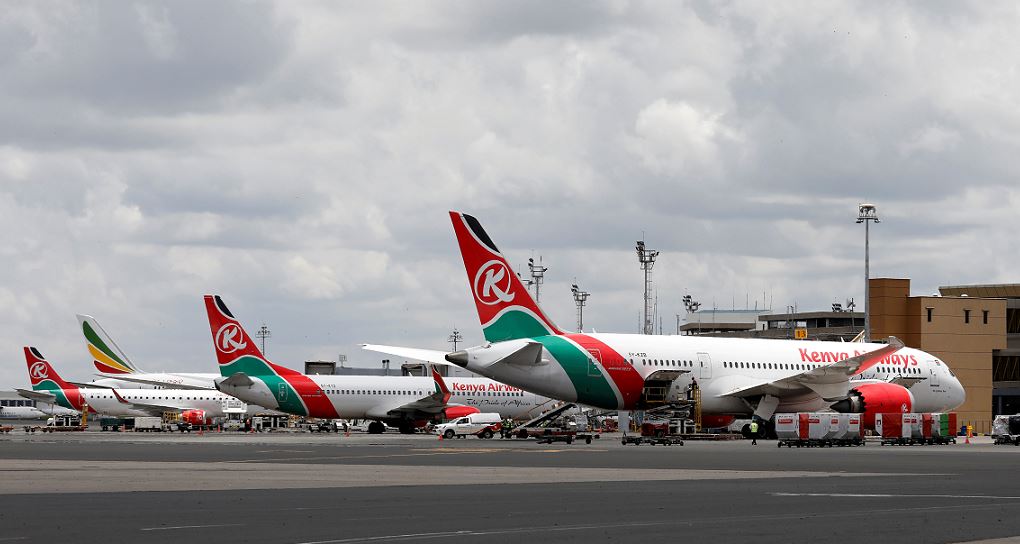
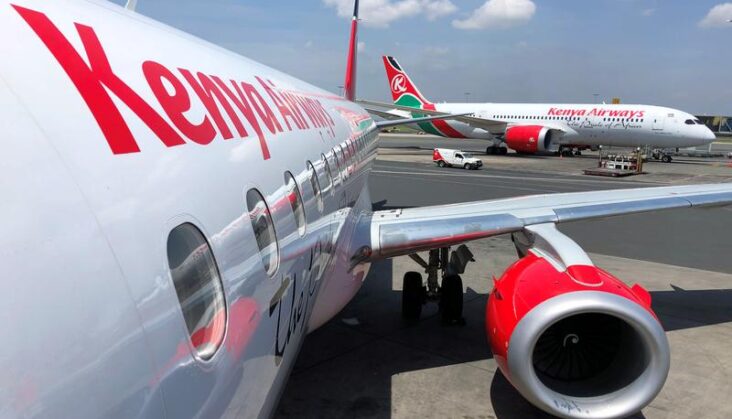
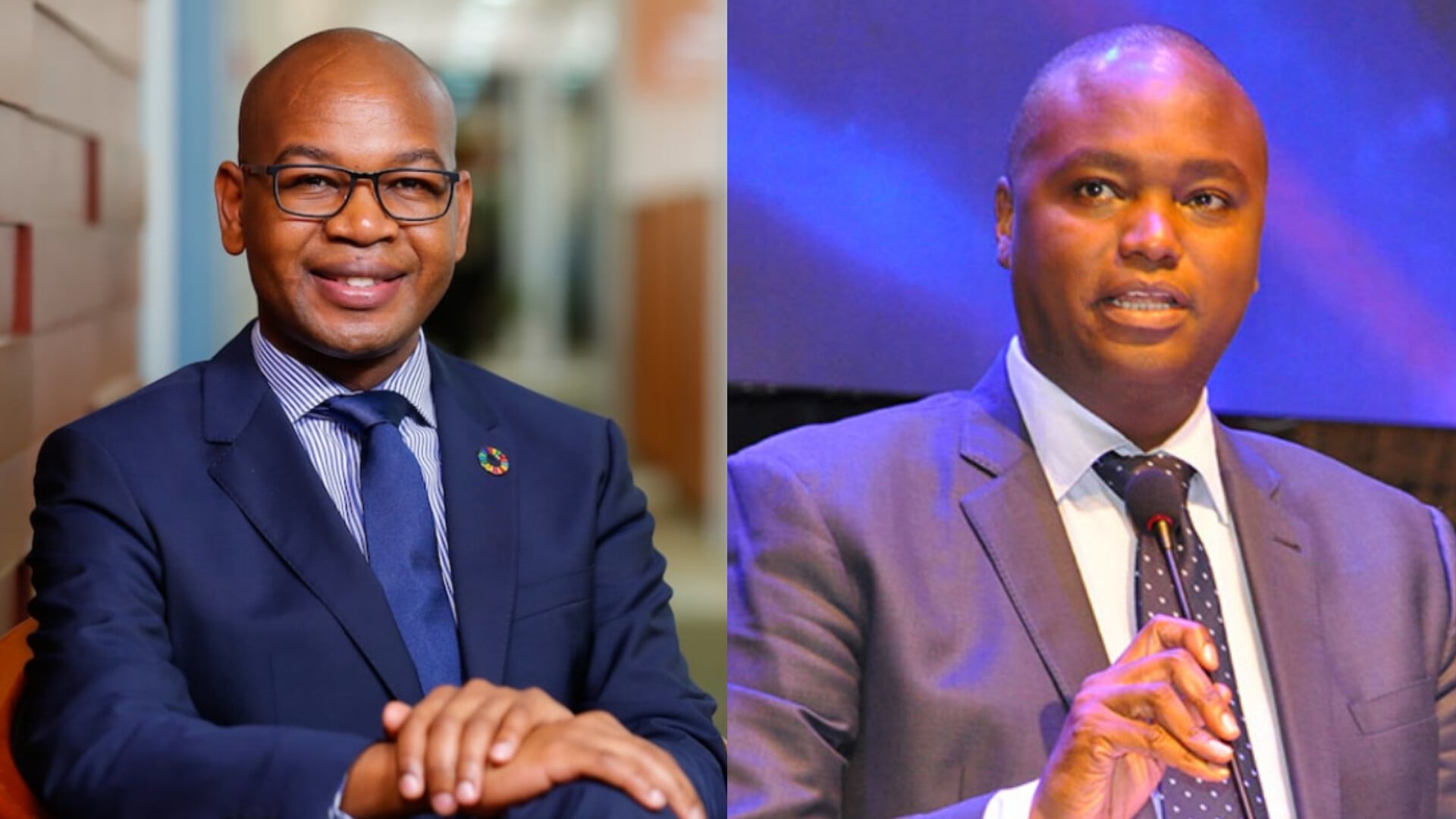

-1770784420.png)
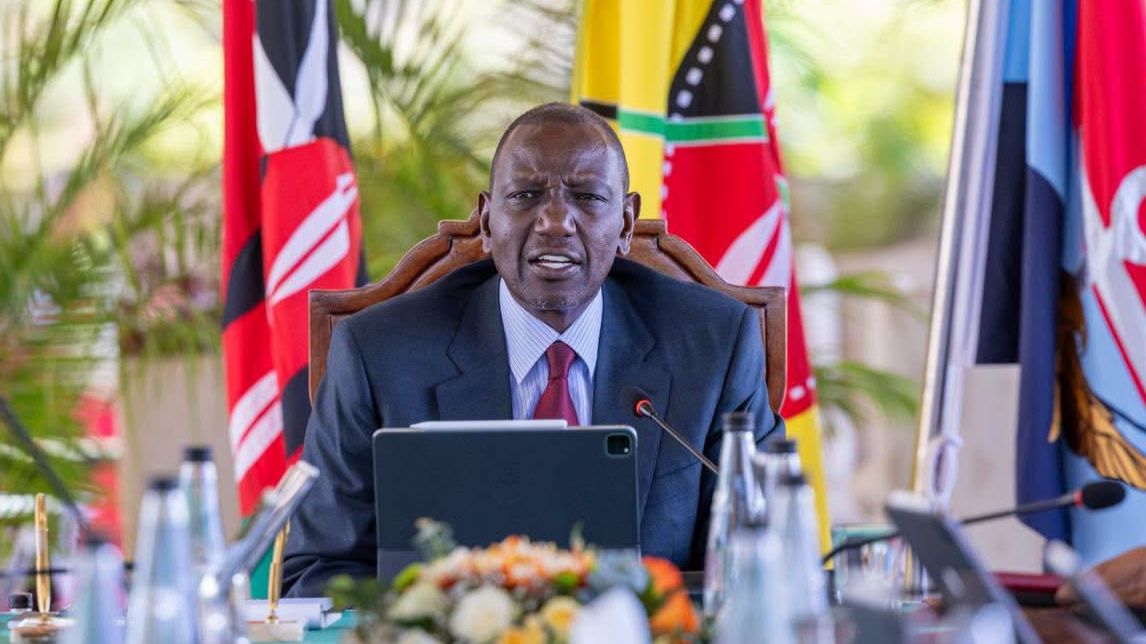
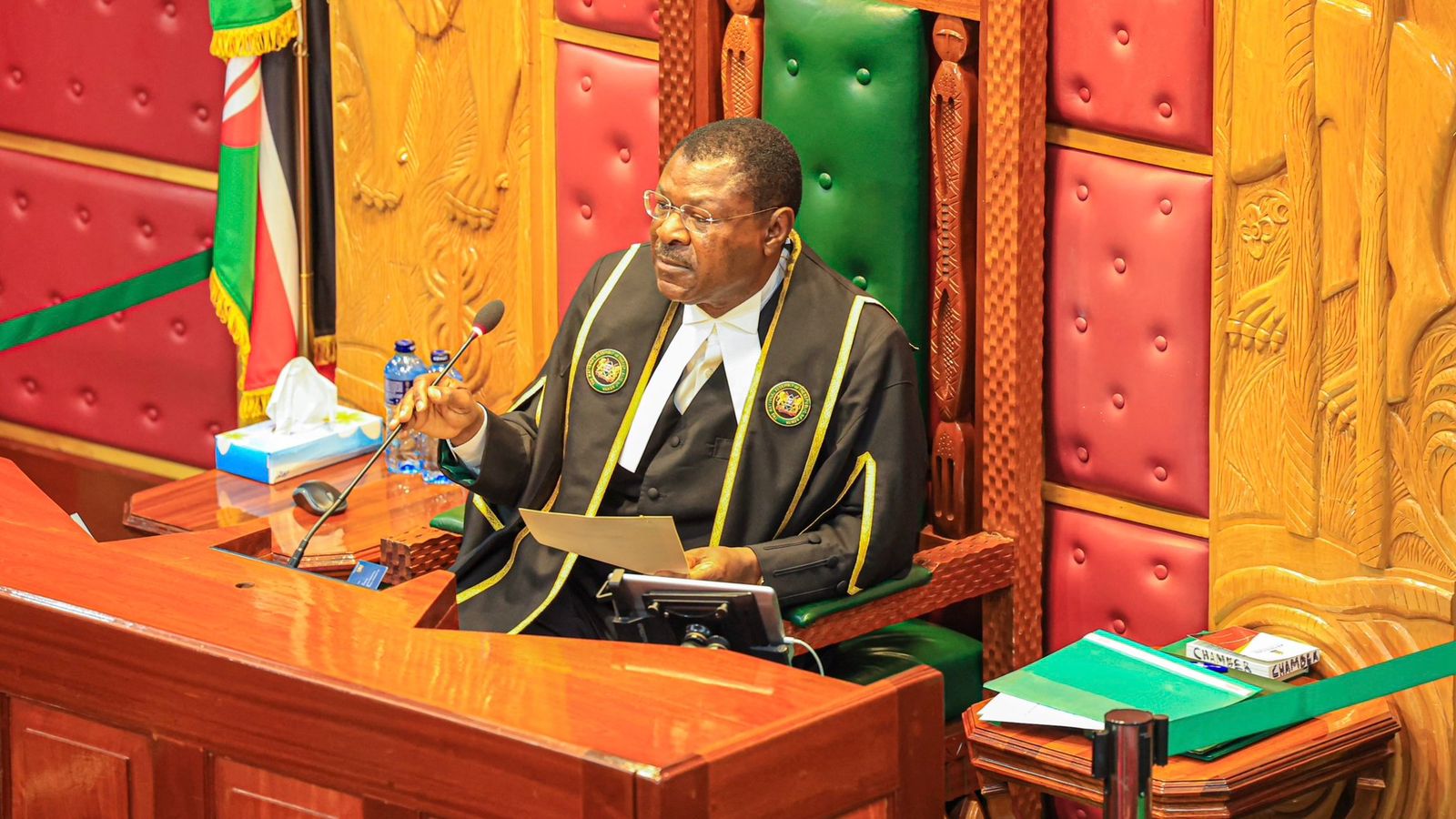

-1746604065.jpg)